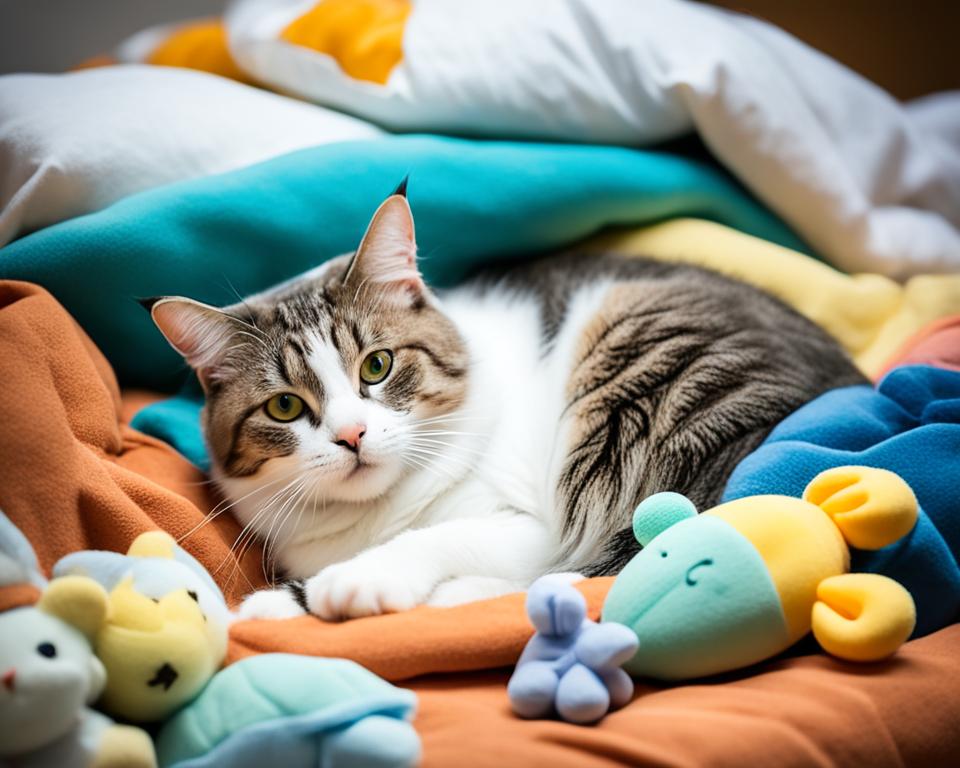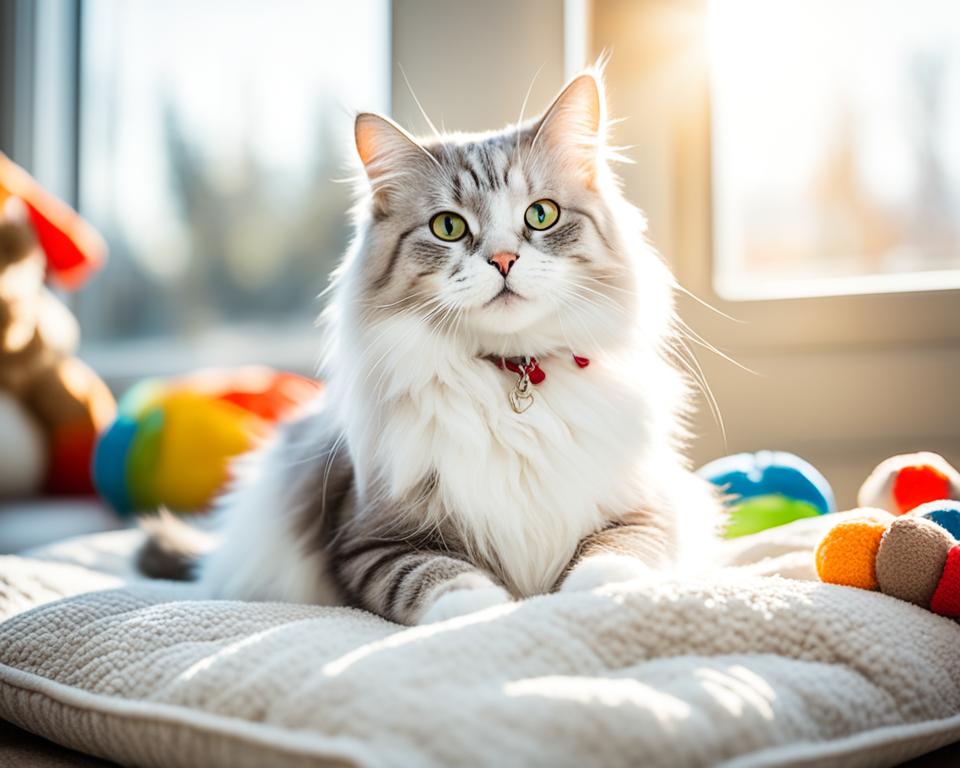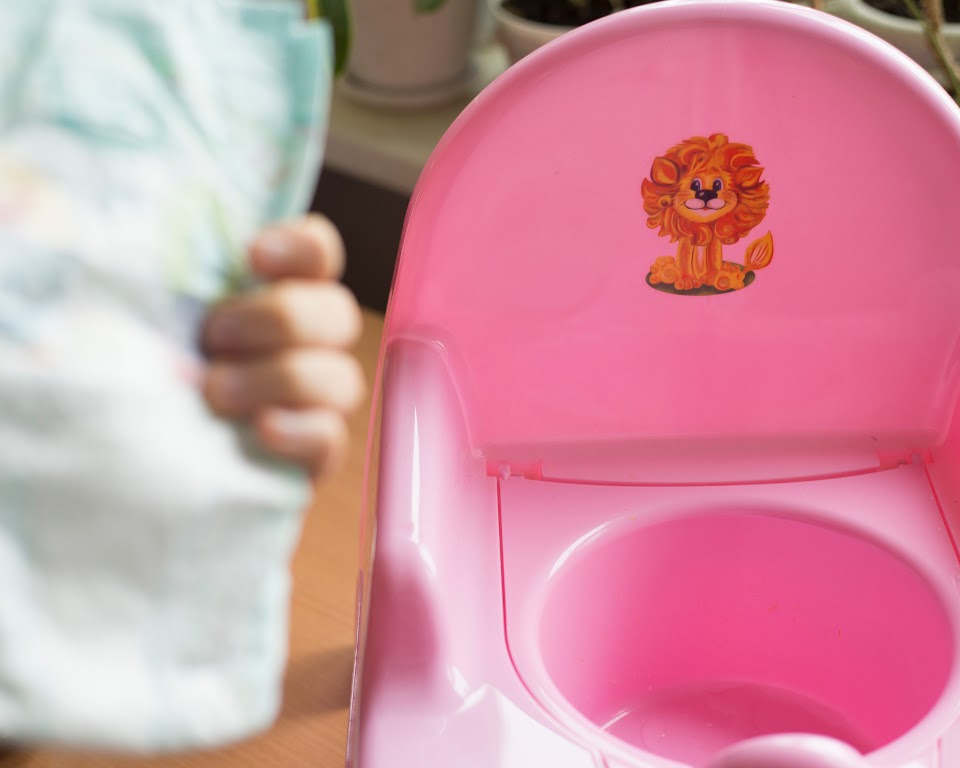Understanding how to communicate with a nonverbal autistic child is a challenge many parents, caregivers,…

Cat Care: Identify Special Needs in Your Feline
As a cat owner, it’s essential to be attuned to the health and well-being of your furry companion. Recognizing how to tell if your cat is special needs is sometimes a subtle process, requiring a keen eye and a dose of informed intuition. Cats are naturally adept at masking vulnerabilities; thus, identifying special needs in cats often hinges on observing changes in behavior and mobility.
Differentiating between a quirky personality and possible cat disabilities or cat developmental issues can be challenging. By being observant and learning the signs, pet parents can provide the necessary special needs cat support. Tailoring your home environment and care regimen to fit their unique requirements is critical. Whether your feline friend faces a neurological condition or a physical limitation, understanding and proactive management can enhance their quality of life.
Understanding the Spectrum of Feline Special Needs
When it comes to recognizing the signs of a special needs cat, pet parents must observe with a keen eye, as each cat’s disability brings about distinct special needs cat behavior and symptoms. These markers are crucial in securing a timely special needs cat diagnosis, especially for conditions that are not immediately visible, such as Cerebellar Hypoplasia in cats or incontinence in cats.
Common Disabilities in Cats and Their Implications
The variety of special needs in cats can be extensive, including sensory impairments like blindness or deafness, limb differences, or genetically inherited conditions like Manx Syndrome. Each of these issues presents its own set of challenges and requires dedicated care strategies to ensure the cat’s continued happiness and health.
The Resilience and Adaptability of Special Needs Cats
Cats afflicted with disabilities often display a heartening level of resilience. Far from giving up, they learn to adapt, finding unique ways to engage with the world around them. Whether it’s through honing their other senses or developing new methods of mobility, these special needs cat behaviors are a testament to their enduring spirit.
Caring for Cats with Congenital Conditions Like Cerebellar Hypoplasia
- Recognize that a diagnosis of Cerebellar Hypoplasia, characterized by jerky movements and poor balance, does not equate to a diminished quality of life for a cat.
- Emphasize the importance of routine veterinary visits to monitor the progression of symptoms and manage any secondary issues that may arise, such as incontinence in cats.
- Alter your home environment to suit the mobility needs of cats with congenital conditions.
How to Tell if Your Cat is Special Needs
Determining if your feline companion has special needs is critical for providing the appropriate care and support. By observing their behavior and daily activities, you can identify signs that may indicate cat disabilities or cat developmental issues. It’s important to note that a special needs cat diagnosis often begins with vigilant observation by the pet owner.
- Sensory Disabilities: Watch for a lack of reaction to sounds or visual cues, which could signal hearing or vision impairment.
- Movement Disorientation: Notice if your cat seems disoriented or unable to navigate their usual environment this could be a sign of motor sensory issues.
- Difficulty with daily activities: Difficulty in eating, using the litter box, or grooming could indicate special needs cat care is necessary.
- Mobility Limitations: Cats that require support moving or show signs of paralysis may benefit from special needs cat support equipment such as wheelchairs.
- Consistency in Environment: Keeping living spaces consistent and secure aids visually impaired cats in familiarizing themselves with their surroundings.
By recognizing these signs, you can take proactive steps in offering your cat a loving and accommodating home. Early detection of potential cat disabilities is key to managing their health and ensuring they have a high quality of life. Your attentiveness and dedication can make all the difference in the world for a special needs cat.

Special needs cat diagnosis involves collaboration with a veterinarian who can provide a thorough examination and offer guidance on the best care practices. As a pet parent, your role is to offer love and patience, adapting your home and lifestyle to meet the unique needs of your cat.
Conclusion
Embarking on the journey of special needs cat care is more than a commitment it is a heartwarming experience that transcends the conventional pet-owner relationship. It may come with its array of challenges, from deciphering special needs cat behavior to managing various special needs cat symptoms, but the fulfillment derived from this bond is immeasurable. These extraordinary felines, with their resilience and affection, could immensely enhance the lives of those who welcome them into their homes.
The Emotional Rewards of Caring for a Special Needs Cat
Investing time and energy into nurturing a cat with special needs often results in profound emotional benefits. A unique connection blossoms from the consistent care and support given to these pets. This bond can manifest in inspiring ways, exhibiting the utmost loyalty and gratitude. The emotional rewards of special needs pets often include a heightened sense of companionship, as the feline and caregiver learn to communicate and understand one another’s cues on a much deeper level.
Why Adopting a Special Needs Cat Can Improve Your Life
As you contemplate adopting special needs cats, consider the impact it can have on both you and your potential new companion. Many special needs cats linger in shelters, awaiting someone who can look beyond their physical limitations and see their loving spirits. Giving these often-overlooked animals a chance at a loving home not only saves a life but it can also bring profound enrichment to yours. The experience of caring for a pet with disabilities emphasizes the importance of patience, empathy, and resilience qualities that invariably spill over into other areas of life.
Final Thoughts on Recognizing and Embracing Your Cat’s Unique Needs
Understanding and embracing the individual needs of a special needs feline is a journey that transforms both guardian and pet. Providing special needs cat support can be an enlightening process that allows for personal growth while enhancing the quality of life for a deserving animal. Recognizing the preciousness of this purposeful relationship helps in nurturing a loving, understanding, and mutually beneficial bond. It’s a profound lesson in love, life, and the beauty of differences.
FAQs
How can I tell if my cat has special needs?
Look for signs such as unusual behavior or difficulties with standard cat activities, like eating, using the litter box, or moving around. A cat with special needs may have a physical disability like a limp, show symptoms of sensory impairments like not responding to visual or auditory stimuli, or exhibit developmental issues.
What are some common disabilities in cats, and what care do they require?
Common disabilities in cats include blindness, deafness, mobility issues due to amputation or paralysis, as well as congenital conditions like Cerebellar Hypoplasia and Manx syndrome. Care for these cats may involve creating a safe living environment, using mobility aids, maintaining a consistent routine, and providing extra assistance with common activities.
How do special needs cats behave differently from other cats?
Special needs cats may exhibit a variety of behaviors based on their specific disabilities. Blind cats may move cautiously or map their surroundings using their other senses. Deaf cats might not react to noises and may rely more on vibrations or visual signals. Cats with mobility issues may have altered ways of playing or moving. Despite these differences, they often adapt well to their environments with the right support.
What is Cerebellar Hypoplasia, and how does it affect a cat’s life?
Cerebellar Hypoplasia is a congenital neurological disorder where the cerebellum, the part of the brain that controls fine motor skills and coordination, has not developed completely. Affected cats may show jerky movements, tremors, and uncoordinated walking, known as “Wobbly Cat Syndrome.” Although there is no cure, with a safe environment and understanding caregivers, these cats can live a full and happy life.
Are there emotional benefits to caring for a cat with special needs?
Yes, caring for a special needs cat can be emotionally rewarding as it fosters a deep bond between the caregiver and the pet. This relationship is often characterized by mutual affection and loyalty. The act of nurturing a special needs cat can enhance the caregiver’s sense of purpose and bring about feelings of compassion and fulfillment.
Why should I consider adopting a special needs cat?
Adopting a special needs cat can be incredibly fulfilling. These cats often have a harder time finding homes and can be overlooked at shelters. By adopting them, you give them the opportunity for a loving home and life. Additionally, you will experience the joy and gratification that comes from making a meaningful difference in an animal’s life.
What should I do if I suspect my cat has a development issue?
If you suspect your cat has a developmental issue, consult your veterinarian for an accurate diagnosis. Your vet can offer advice on care strategies and refer you to specialists if necessary. It’s important to get the right diagnosis to ensure your cat gets the appropriate support and treatment.
How do I accommodate a blind cat in my home?
To accommodate a blind cat, keep your home layout consistent to help them form a mental map of their environment. Avoid moving furniture, secure potentially dangerous areas, use scent markers to help them navigate, and keep their food, water, and litter box in the same place. Provide toys that make noise or have different textures to engage their other senses.
Can cats with disabilities like incontinence still live a good quality of life?
Absolutely, cats with disabilities such as incontinence can still enjoy a high-quality life with proper care. This may involve more frequent cleanings, using diapers designed for cats, providing easy access to litter boxes with low sides, and close monitoring for any signs of discomfort or additional health issues.
What kinds of support are available for owners of special needs cats?
Owners of special needs cats can seek support from various sources, including veterinarians who specialize in disabilities, online communities of special needs pet owners, local support groups, and organizations dedicated to disabled pets. Additionally, pet health insurance companies may offer plans that cover the care of special needs animals.



This Post Has 0 Comments